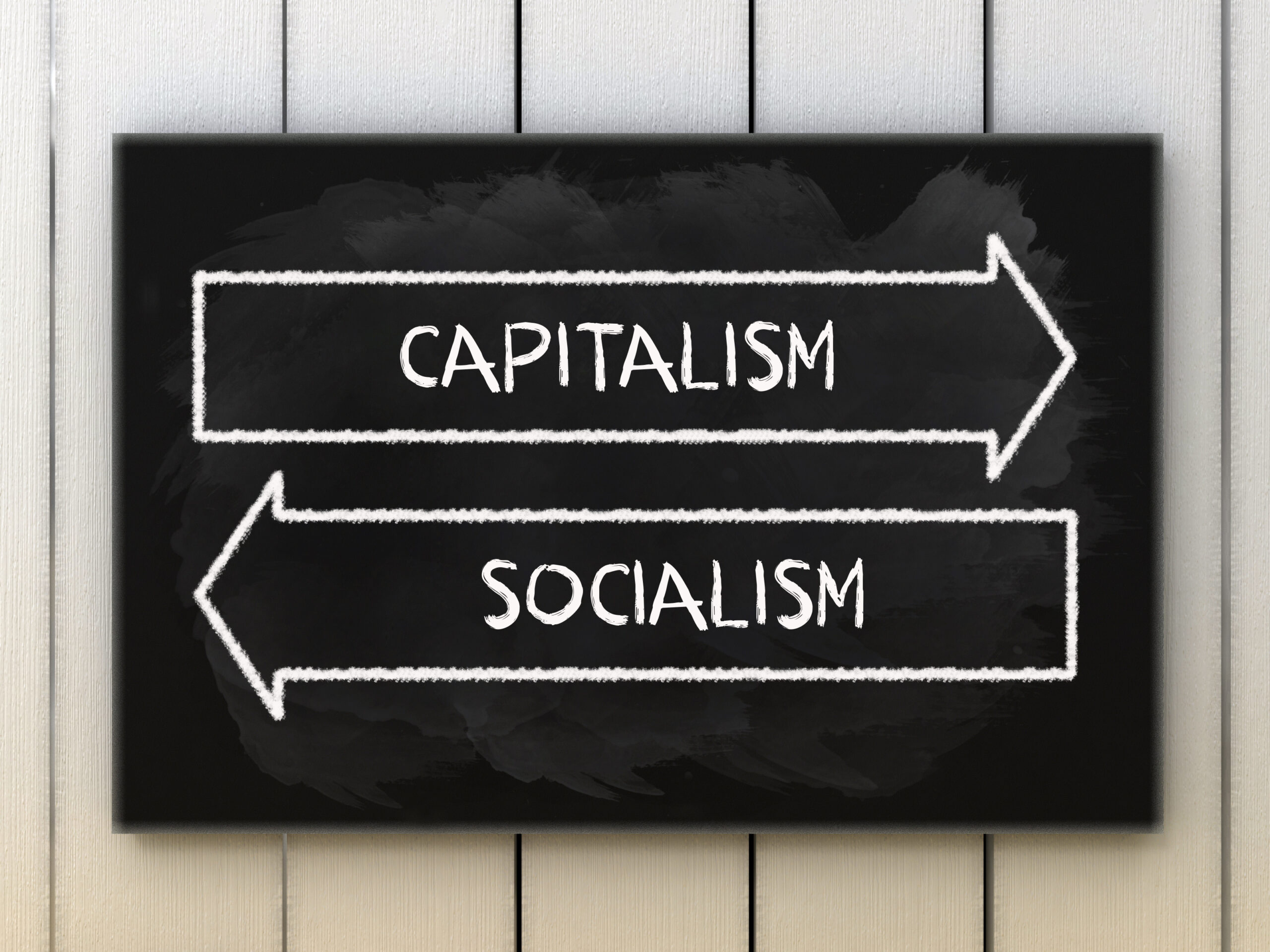Posts tagged First Amendment
Beleaguered CUNY Professors Appeal to SCOTUS for Relief from Union They Claim Is Antisemitic
August 6, 2024 // The cert petition says the heart of their complaint is the question, “Can the government force Jewish professors to accept the representation of an advocacy group they rightly consider to be anti-Semitic?” They claim that various Supreme Court rulings, including Janus and NAACP v. Claiborne Hardware Co., articulate their First Amendment right to “eschew association for expressive purposes” and “boycott entities to express a message.” The petition charges the lower courts have misinterpreted Knight, saying that ruling “did not sanction a state forcing Jewish faculty members who are ardent Zionists to accept the representation of a union that supports policies they consider anti-Israel,” and urges the Court to grant to petition to “clarify Knight and make clear that the First Amendment protects individuals’ right to dissociate themselves from advocacy groups that support policies contrary to their deeply held beliefs.”
Liberty Justice Center Sues New Jersey Union For Violating Plumber’s Constitutional Rights
August 5, 2024 // Upon learning about his rights under the Janus decision, Giangrasso sent a letter to UA Local 9 resigning his union membership and requesting an end to the dues deduction. However, the union refused, arguing that the Janus decision didn’t apply because the deductions were termed “assessments” rather than “dues.”
Illinois bans companies from forcing workers to listen to their anti-union talk
August 2, 2024 // U.S. Chamber of Commerce and the National Federation of Independent Business are challenging similar laws in other states. The groups say the laws are a violation of the First Amendment, denying employers their right to free speech, and are also in conflict with the National Labor Relations Act, which protects an employer's communications with employees as long as they do not contain threats of reprisals or promises of benefits.

Billboard campaign spotlights Oregon union’s flirtation with socialism
August 2, 2024 // What many teachers paying monthly dues to the Oregon Education Association (OEA) may not know is that their union has opened its doors to the nation’s foremost socialist group, allowing DSA to hold monthly meetings in OEA’s Salem office, as reported by the Freedom Foundation’s Research & Government Affairs Associate Ben Straka earlier this year. To inform Salem educators about the questionable use of their dues-funded union headquarters, the Freedom Foundation’s Oregon team developed and positioned billboards in the area, announcing: “OEA
CUNY profs appeal to SCOTUS to leave anti-Semitic public sector union
July 31, 2024 // The National Right to Work Foundation (NRTW) and the Fairness Center, which are representing the professors, recently appealed to the Supreme Court to hear the case. The groups argue that compulsory union representation violates citizens’ right to freedom of association. The professors each resigned their membership from the union, CUNY’s Professional Staff Congress (PSC-CUNY), following that group’s issuance of a pro-Hamas, anti-Israel resolution in 2021.
CUNY Professors Ask U.S. Supreme Court to Hear Case Challenging Forced Association with Antisemitism-Linked Union
July 23, 2024 // “Knight did not sanction a state forcing Jewish faculty members who are ardent Zionists to accept the representation of a union that supports policies they consider anti-Israel,” the petition continues. “The Court should grant this petition to clarify Knight and make clear that the First Amendment protects individuals’ right to dissociate themselves from advocacy groups that support policies contrary to their deeply held beliefs.”
Judge grants temporary halt in UFW’s unionization of Wonderful Co. nursery workers
July 21, 2024 // Within days, Wonderful accused the UFW of having baited the employees into signing the authorization cards under the guise of helping them apply for $600 each in federal relief for farmworkers who labored during the pandemic. The company submitted nearly 150 signed declarations from nursery workers saying they had not understood that by signing the cards they were voting to unionize.

Op-Ed: Union leaders need Trump more than he needs them
July 18, 2024 // Collective bargaining is a right and workers should be supported in it when that represents an honest expression of their collective will. It’s part of the First Amendment’s right to “peaceably” assemble. However, that’s not the same thing as accepting the claims of leaders like O’Brien that they need more leverage to pressure workers into joining unions for their own good. Workers can make their own choices. O’Brien spoke to the GOP convention in part because many of his own members are already Trump supporters and he needed to demonstrate to his folks that he’s willing to at least talk. Trump has thus far avoided catering to union leaders and has instead talked directly to the workers. It has worked for him too, getting the Teamsters boss to sing his praises. In short, O’Brien needs Trump more than Trump needs him.
Op-Ed: Union membership is now political. So can the government still require people to associate with a union?
July 10, 2024 // Since then, employees have argued that exclusive union representation does violate the First Amendment. Exclusivity saddles them with the “services” of nakedly political bargaining agents. Lower courts have turned those arguments aside mostly because of an older case, Minnesota Board for Community Colleges v. Knight, which suggested that exclusive representation was okay in the public sector. Knight seemed to say that when the government bargains about working conditions, it can choose its own bargaining partner. And if it chooses one exclusive union to bargain with, that choice burdens no one’s associational rights. But whether or not that’s what Knight meant, the decision has no bearing on private-sector bargaining. In the private sector, the government does not choose its own bargaining partner; it imposes one on private parties. And some of those parties object to their unions’ political views—views that are increasingly central to unionization itself. So private-sector bargaining raises a different question: can the government force private citizens to associate with a union when that union’s core purpose is increasingly political? (Elsewhere, I have argued at greater length that it cannot.)
ICYMI: Amazon Appeals Controversial NLRB Decision on CEO Andy Jassy Media Interviews
June 24, 2024 // Despite these clear free speech protections, the ALJ strained credibility by finding that Jassy “threatened employees that, if they selected a union, they would become less empowered and would find it harder to get things done quickly.” Not surprisingly, the decision was quite controversial. Amazon’s appeal is good news for fans of free speech and open debate. The appeal will first go before the National Labor Relations Board (NLRB), which we hope will reverse the ALJ. If it does not do so, Amazon can take the case up to the federal courts.
